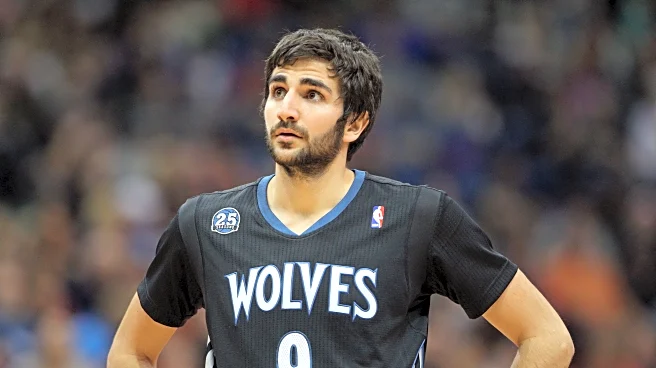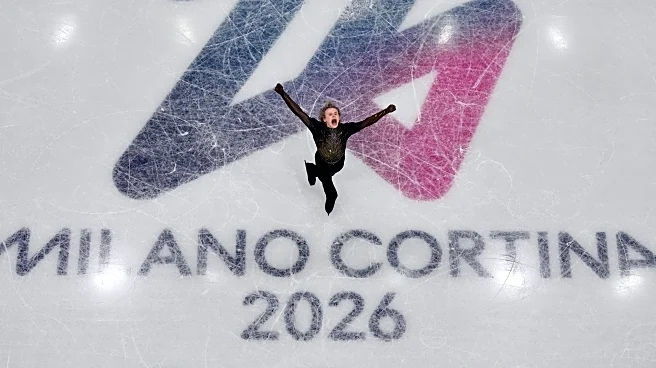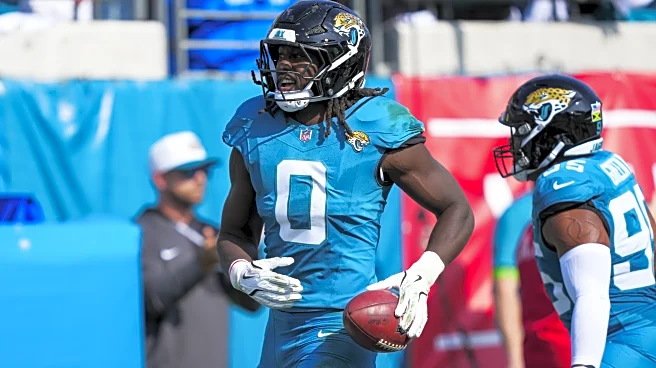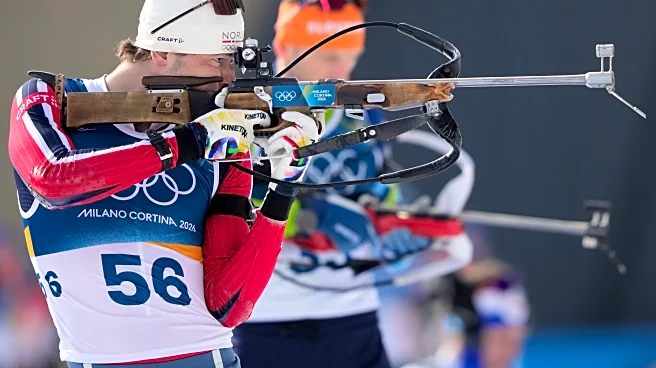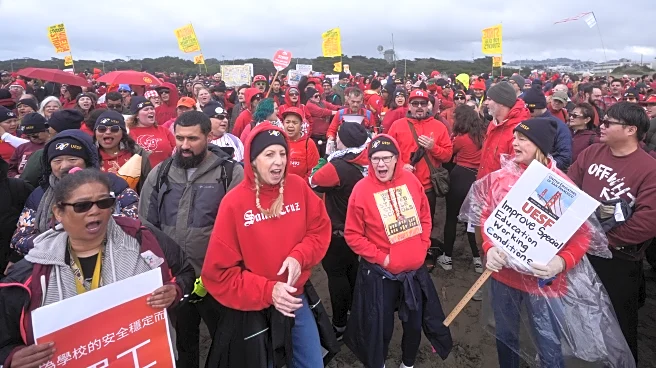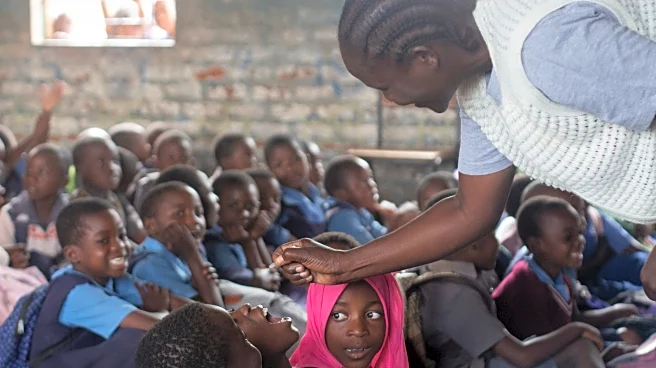I want you all to try to remember the 2010s Minnesota Timberwolves. I want us to, in as much detail as our collective neurons can muster, remember the cold winds of Kurt Rambis and David Kahn. I want to relive
that dreaded era for a moment.
For those of us who lived through it, it was an era not defined by heartbreak or even beleaguered hatred, but by apathy. Even through seasons that promised either the growth of player development or the light at the end of the tunnel that was the draft, there was often very little to care about and even less to feel about.
It was during this era that I first came to Canis Hoopus, not as a writer, but as a commenter. I now write under a different account name, but if you ever find anyone talking about the transformative play of Malcolm Lee, that would be me at around 12 years old.
See, that was the only real way I could find joy in the team that I had picked by happenstance; between a middle name and a fondness for the old Wolves logo, it was certainly not a franchise that I would’ve picked if I had done anything less than jumping into fandom feet first.
And yet, it’s because the Wolves were so bad that I feel we are all afforded an opportunity that the blue bloods of the NBA — your Los Angeles Lakers and Boston Celtics — or other teams that think they can claim a similar status, fail to enjoy: we can love players that never led to any real team success. Better yet, we can crown them as franchise legends.
When Wolves fans are asked for their favorite players, there will inevitably be a mention of one-time Player of the Month vote-getter Nikola Peković. Even within the Canis slack channel, I’m sure Charlie Walton would sing the praises — well-earned praises at that — of Gorgui Dieng.
While larger teams with longer histories force their fans to bring up Pantheon members, we get guys who wriggled their way into hearts. We get human stories of basketball instead of basketball stories of humans.
Enter Ricky Rubio, who managed to give us both.

While I could search to find the words, those to tug on strings that Ricky once warmed through cold winters, I think my words would pale in comparison to those of one Leo Sun, self-described as “Ricky Rubio living in Jeremy Lin’s body.” A few years ago, he penned an open letter that I would be remiss if I didn’t share somewhere in this piece.
Still, I want to make my own spiel.
Ricky Rubio was the first player in the lifetime of my fandom to make me understand that being a fan of a basketball team could be fun. I came to the NBA in 2011, after watching the Dallas Mavericks win a championship just under a year after the German national team had failed to do the same in the 2010 FIFA World Cup. I grew to love the sport while watching the 2014 San Antonio Spurs. As someone who grew up with soccer/football and not basketball, the movement and passing scratched an itch that other teams hadn’t.
So, when a goofy-looking point guard with wonderful one-liners suddenly showed up during the few games I sat down to watch, it was suddenly not an exercise in futility to watch ten men run up and down a wooden court, but a case study in how fun things could actually be, even if they weren’t quite good.
In a weird way, even through all the highlights and team success of today’s Wolves, during what is objectively the team’s most successful era, I find myself missing the days of mindless, losing fun.
Which leads me back to the title: I think Ricky Rubio deserves to have his jersey retired in Minnesota.
There are some obvious reasons why this will never happen. Rubio’s number nine has been given out to four players since his departure after the 2017 season, including league discards like Allen Crabbe and Luol Deng, and one-year un-wonders like Leandro Bolmaro.
Even worse, the best Minnesota could muster with Rubio playing was a 40-42 record in the final year of the Kevin Love era. While Ricky did manage to finish his career as the 8th leader in games played and the silver medal in assists for a Wolves franchise that could see many of those marks broken, his impact was always so much bigger than the numbers could state.
Do you remember when the Minnesota Timberwolves, a professional basketball team and organization now valued in the plural of billions of dollars, was forced to offer tickets to their games in exchange for canned foods and dry pasta? And still failed to sell out arenas?
While the team was never in danger of moving, that’s about as dead as a basketball team can be within a community. Ricky Rubio did not end the dead era of men’s Minnesota basketball, but he certainly offered his own light, that flickered and dimmed only to roar back up again. That is important in its own right.
To my point, I don’t think you can tell the story of the Timberwolves franchise without telling so many chronicles of Ricky Rubio and the never-ending basement of the NBA.
Admittedly, if that was the only requirement needed for a jersey retirement, I think Doug West and Sam Mitchell would probably be up there as well. But we so often lose the essence of basketball in pursuit of showing off our knowledge of the sport. This is a children’s game played at an impossibly high level. The numbers will always have their place, but maybe we should hollow out a little bit of space for the importance of joy.
Maybe the only way we get to see Rubio’s memory be cemented is in his number always housing the team’s most joyous player. Maybe that’s why the ever-smiling Nickeil Alexander-Walker settled in so well upon his arrival. If that does end up being the case, and Rubio’s emotional impact on the fanbase is not enough to warrant a full ceremony, it does leave quite a large set of shoes for someone to fill.
Maybe the next number nine will be a curmudgeonly, angry, and unfriendly forward. Maybe it’ll be a late-round rookie that can’t seem to stick. Maybe, maybe, maybe.
That word defines so much of examining both the past and the future of this team. That’s why Rubio mattered so much. When he was on the court, there was tangible, tastable joy pouring from the court. I miss that almost as much as I valued it in the first place.
